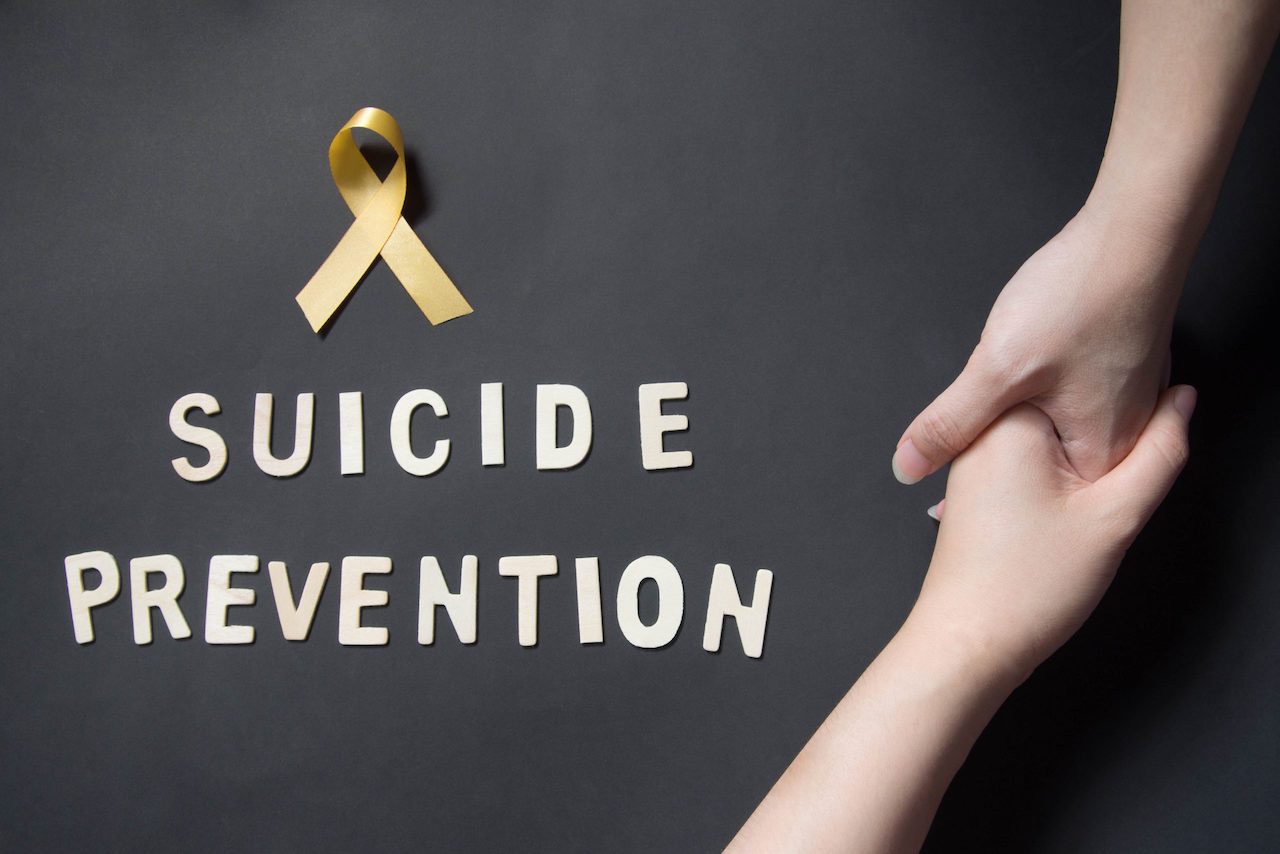Means for Suicide prevention
At times we encounter certain situations in life from which we do not find any escape and think of resorting to extreme streps such as harming oneself or taking our own life, it is not a one-day process to reach that conclusion and we should take care of it before it reaches to the point where we have to bear any kind of damaging consequences. Suicide is a serious public health problem that affects individuals and communities around the world. According to the World Health Organization, approximately 800,000 people die from suicide each year, and for every suicide, there may be 20 or more attempts. Suicide is preventable, and with the right resources and support, individuals can receive the help they need to overcome suicidal thoughts and behaviors.
In this article we will identify some steps that can be taken in time to prevent suicide:
- Recognize the warning signs: People who are at risk of suicide often exhibit warning signs such as talking about suicide or wanting to die, expressing feelings of hopelessness or worthlessness, withdrawing from activities and social interactions, and showing changes in mood or behavior. It is important to be aware of these warning signs and to take them seriously.
- Take all suicide threats seriously: Any threat of suicide, whether it is direct or indirect, should be taken seriously. If someone talks about suicide, it is important to listen to them and to seek help immediately.
- Provide support and empathy: People who are struggling with suicidal thoughts and feelings need support and empathy. Listening without judgment and expressing empathy can help individuals feel understood and cared for, which can reduce their risk of suicide.
- Remove means of self-harm: Restricting access to lethal means of suicide, such as firearms, medications, or sharp objects, can reduce the likelihood of suicide attempts.
- Encourage professional help: People who are struggling with suicidal thoughts and behaviors need professional help. Encouraging individuals to seek help from a mental health professional, such as a therapist or psychiatrist, can be a critical step in preventing suicide.
- Foster connections and relationships: Social isolation and loneliness can increase the risk of suicide. Encouraging individuals to connect with others and to build supportive relationships can help reduce their risk of suicide.
- Educate yourself and others: Educating yourself and others about suicide prevention can help raise awareness and reduce the stigma surrounding mental health issues. Knowledge and awareness can also help individuals identify warning signs and take action to prevent suicide.
- Seek help if you are struggling: If you are struggling with suicidal thoughts and feelings, it is important to seek help. Talking to a mental health professional or a crisis helpline can provide the support and resources you need to overcome suicidal thoughts and behaviors.
Suicide prevention requires a multifaceted approach that involves recognizing warning signs, providing support and empathy, removing means of self-harm, encouraging professional help, fostering connections and relationships, educating oneself and others, and seeking help if necessary. With the right resources and support, individuals can overcome suicidal thoughts and behaviors and live fulfilling and meaningful lives.
Blog written by author, Ms. Swati Rana


